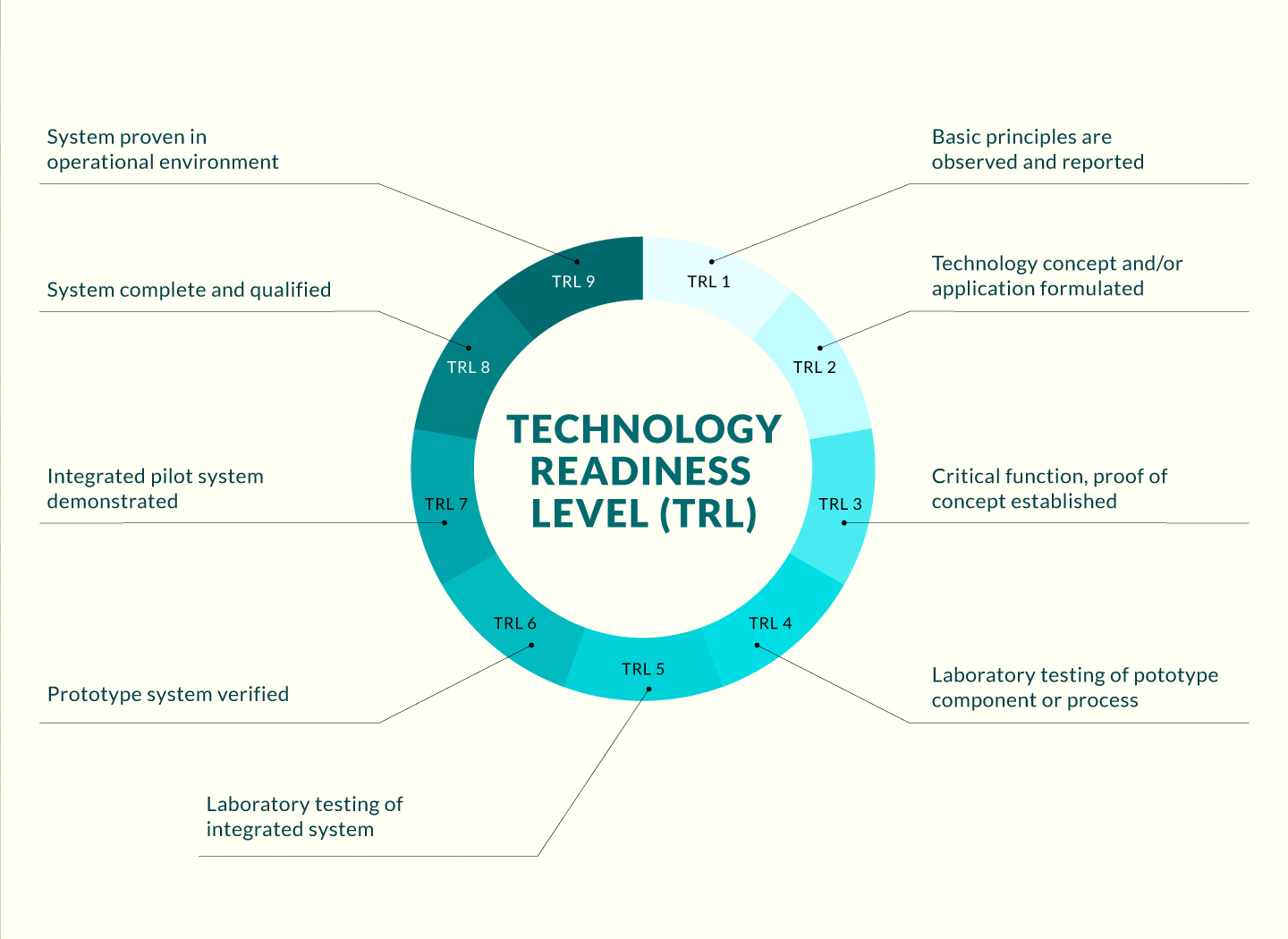
Opportunity
Bio-adhesives that exhibit high adhesive strength, ease of use, and biocompatibility currently offer alternatives to sutures or staples in clinical applications, such as medical procedures involving integration of implanted grafts with tissues, wound closure, and hemostasis. Commercially available bio-adhesives can be categorized into naturally derived and synthetically derived bio-adhesives. However, both have limitations. For example, bio-adhesives derived from human plasma can cause blood-borne cross-infection and synthetic polymer-derived bio-adhesives can cause significant damage to tissues after detachment. Many synthetic polymer-derived bio-adhesives are non-biodegradable and present relatively poor biocompatibility. In addition, many commercial bio-adhesives exhibit poor adhesion under wet conditions and are prone to swelling in humid environments, leading to hydrated forms with low mechanical strength. Reduced mechanical strength can disrupt cohesion, leading to undesirable detachment or even failure in surgery. Therefore, there is a need for biocompatible bio-adhesives that maintain high adhesive strength upon exposure to water and high humidity.
Technology
The technology is a novel bio-adhesive that is specifically designed for medical applications, both in vivo (within a living organism) and underwater. Compared with many commercial bio-adhesives, which exhibit poor adhesion under wet conditions, the novel bio-adhesive has increased hydrophobicity and thus enhanced adhesive strength under wet conditions, as well as increased biocompatibility. It includes base polymers that can be modified by attaching hydrophobic moieties, which impart water resistance to the bio-adhesive, making it effective in wet or underwater environments. Alternatively, the base polymers can be conjugated to phenolic moieties, which enhance adhesion to biological tissues. The novel bio-adhesive exhibits low toxicity and is highly compatible with biological tissues, so it can be used safely and effectively in medical settings without causing adverse reactions. It can also be prepared rapidly, i.e., within a few seconds.
Advantages
- The novel bio-adhesive exhibits superior underwater adhesion performance compared with the commercially available fibrin sealant TISSEEL® and other existing bio-adhesives, which struggle to maintain their adhesive properties in wet or humid environments, often leading to failure during surgery.
- Current commercial bio-adhesives often exhibit poor biocompatibility, which can lead to adverse reactions in patients. The novel bio-adhesive is characterized by low toxicity and high compatibility with biological tissues, making it safer for in-vivo applications.
- Unlike some existing bio-adhesives, the bio-adhesive can be prepared quickly, in just a few seconds, which is advantageous in medical settings where time is critical.
Applications
- Various medical/surgical applications, including closing surgical incisions and reducing the formation of seroma.
- Tissue engineering: the novel bio-adhesive can be used to adhere scaffolds or grafts to host tissues, promoting better healing and integration.
- Veterinary surgeons may also find applications for this bio-adhesive (which has already been tested in rat models) in animal surgeries.



